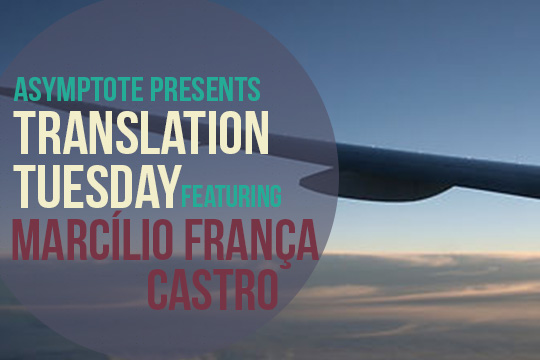Next week, University of Hawaii Press will publish a ground-breaking anthology, Indigenous Literatures from Micronesia, which, for the first time ever, will bring together works—short stories, poems, essays, chants, and play excerpts—by Indigenous Micronesian authors. Some of the basic facts about this project are truly astonishing: the anthology includes one hundred pieces by over seventy authors, nine out of the thirteen basic Micronesian language groups are represented (Palauan, Chamorro, Chuukese, I-Kiribati, Kosraean, Marshallese, Nauruan, Pohnpeian, and Yapese), and it covers the entire Micronesian region—over two thousand islands spread across almost three million square miles of the Pacific Ocean. Micronesian literature has been excluded by academia, and, despite its long history, remains unknown outside of the region. As 2019 is the official UNESCO Year of Indigenous Languages, this anthology is an especially timely and necessary addition to the landscape of world literature. Asymptote contributor Marek Maj spoke with the editors, Dr. Evelyn Flores and Dr. Emelihter Kihleng—who began working on the anthology over ten years ago—about the process of putting together such an unprecedented collection and about the history, present, and future of Indigenous Micronesian literatures.
The anthology is the first of the “New Oceania Literary Series,” which, under the general editorship of Dr. Craig Santos Perez, aims to create anthologies of Pacific literature that address important themes and feature a diverse, multilingual, and intergenerational selection of Pacific authors. Dr. Santos Perez has said he hopes these anthologies will be inspiring and empowering for Pacific Islanders, as well as educational for non-Pacific audiences, and that he hopes these books will circulate both in classrooms and in the community. The next anthology will focus on Pacific Literature and the environment, eco-Justice, and climate change. Future anthologies will spotlight food, LGBTQ identity and experiences, science fiction and futurism, and more.
Marek Maj (MM): First of all, congratulations on the publication of Indigenous Literatures from Micronesia. How it does it feel that it will now finally be out in the world?
Evelyn Flores (EF): My immediate response?—Huge relief!—it’s done!
Then the deep joy rolls in—joy that we’re making a difference, trying to carve out a niche for voices from our region, doing our part to challenge a gross miscalculation of our abilities and our productive force.
There’s deep satisfaction that we’ve taken yet another step to clear the way for our children so they can see themselves walking upright in yet another book. All of us who’ve been invisible in published creative work know the deep awe we’ve experienced when we stumble upon ourselves in books, film, dance—it’s a rebirthing moment for us—realizing all the time we were there but excluded. Readers will see this moment of realization and protest enacted in several of the pieces, in Kathy Jetnil-Kijiner’s “History Project,” for instance, and in Anne Perez Hattori’s “Forefathers,” and Isebong M. Asang’s “Language with An Attitude.” READ MORE…


